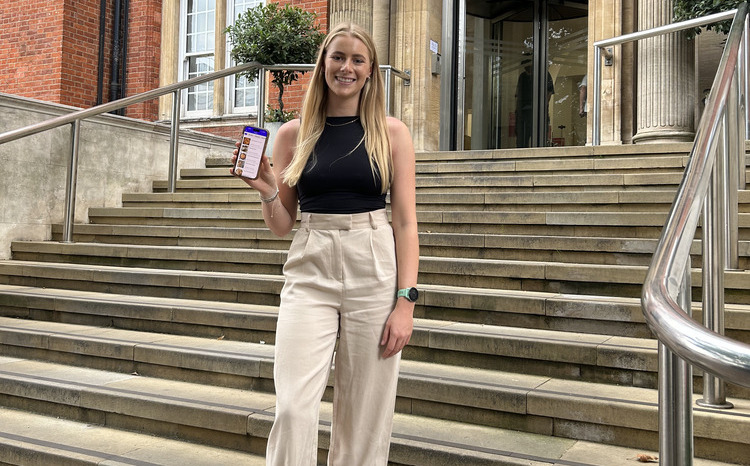Barts 18 week backlog in thousands
- 2 October 2009
A new care record system has contributed to thousands of patients from Barts and the London NHS Trust potentially breaching the national 18-week referral to treatment time target.
The trust is facing a backlog of 23,000 potential breaches, and although it says the situation is improving – and it has resumed reporting on 18-week waits – it may “fail for the delivery of 18 weeks in 2009-10”.
Problems with the Cerner Millennium CRS, combined with poor trust data and procedures, are responsible for the problems.
In August, the backlog of admitted patients stood at 1,700. The trust also reported having a “non-admitted backlog of 26,640 on pathways”. This required validation as many were duplicates. The number has since reduced to about 23,000 cases.
The problems date back to the implementation of Cerner Millennium last April. By September 2008, the trust was projecting a £3m shortfall in income due to data, reporting and technical problems with its BT-provided system.
The trust has since introduced new systems and processes to manage patients and an 18-week patient tracking list. These are backed by weekly review by each speciality within the hospital. Trauma and Orthopaedics is the speciality with the highest number of backlogs.
The trust says that the sheer scale of case backlog will make it very difficult to clear, with seeing and treating patients likely to lead to a “dip in performance”.
The scale of the problem means some patients may be kept waiting for more than six months, twice the national target for treatment. An August trust paper states: “It was acknowledged that 26-week breaches may occur due to the quantum of the non admitted backlog.”
A trust spokesperson told E-Health Insider: “It has been a frustration for everyone at Barts and The London NHS Trust that our desire to meet the 18-week national target has been compromised by previous weaknesses in our information management and administration systems.”
The trust finance board in September reported that the inability to report on 18-week waits will result in its main commissioner, NHS Tower Hamlets, imposing contract penalties of up to £400,000 per month.
The problems with reporting are likely the further exacerbate the trust’s difficult financial position. It currently faces a £6.7m shortfall on its planned budget position.
A spokesperson for NHS London said: “Barts and the London is working to address a potential backlog of around 23,000 patient records to determine those who have been treated within 18 weeks and those who have breached this standard.
"[We are] meeting monthly with the trust and its commissioning PCT to ensure that this backlog is addressed and extra support is being provided to make sure the trust validates these records quickly and accurately.”
The crisis on 18-week waits follows problems earlier this year with reporting on 13-week waits, which are now almost resolved.
Last November, the trust apologised to 442 patients who waited an average of six weeks longer than the 13-week waiting time national standard for an outpatient appointment.
In June 2008, the trust reported that problems with migrating outpatient clinic data had led to delays in care for 11 cancer patients, breaching national wait targets.
The trust spokesperson said: “We are working to resolve the problems on 18 week waits. We know that all of the 26,640 patients have been seen by a consultant in outpatients within the 13 week target, and there is no evidence that any patient has come to clinical harm because of the backlog.”
Following similar problems at the Royal Free, London implementations of Cerner were suspended in October 2008 and a 90 day remedial programme of work instituted.
In February, the programme for 22 fixes was declared a success, and work on further implementations given the green light by NHS London. The next two London trusts scheduled to go live are St George’s and Kingston, both in South West London.




